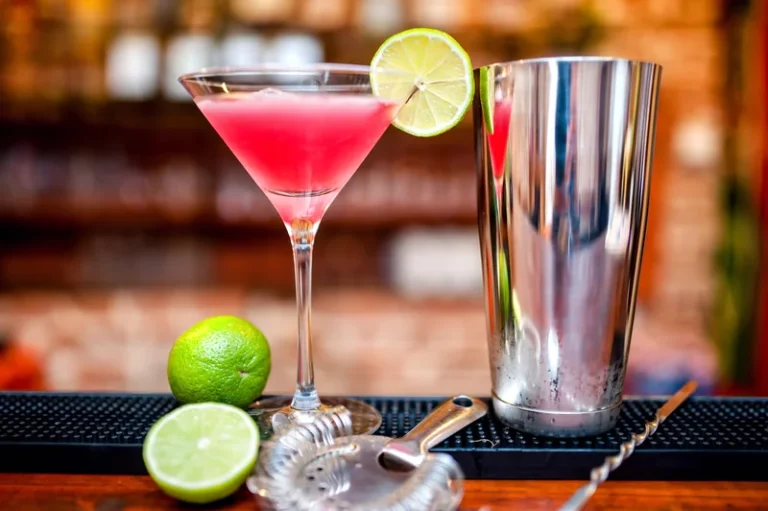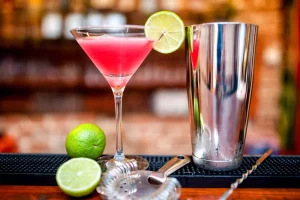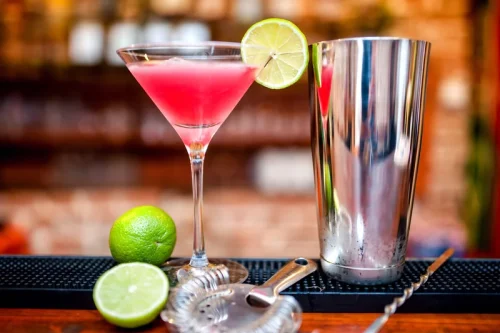
But anticoagulants can help prevent deep vein thrombosis after surgery. For example, they’ll cause you to bleed more than usual if you cut yourself. The lifesaving benefits of these drugs often outweigh the potential dangers. But it’s important to learn about both before you start taking them. Addiction Resource is an educational platform for sharing and disseminating information about addiction and substance abuse recovery centers. Addiction Resource is not a healthcare provider, nor does it claim to offer sound medical advice to anyone.
Does Alcohol Thin Your Blood? Risks of Alcohol and Blood Thinners
- In the coagulation cascade, damaged tissue sets off a cascade of events that activates several proteins in the blood, called clotting factors.
- Anticoagulants are a family of medications that stop your blood from clotting too easily.
- A treatment center will attempt to verify your health insurance benefits and/or necessary authorizations on your behalf.
- There, he teaches and works with cardiovascular and medical trainees as well as medical students.
Additionally, the authors discussed older studies that suggested binge drinking can cause temporary increases in blood pressure. They also highlighted that long-term heavy drinking and binge drinking may increase someone’s risk of various cardiovascular conditions. When you get hurt, blood cells called platelets gather at the injury site and form a blood clot.
- Some foods and supplements are believed to have some blood thinning properties.
- For example, people with liver problems may need to limit their alcohol use more strictly.
- It’s best to avoid mixing alcohol and blood thinners due to the risk of stomach irritation and increased bleeding.
- It’s generally safe to take acetaminophen while you’re on a blood thinner, but make sure you follow the directions.
- Lastly, he obtained graduate education in public health and business administration to contribute to national healthcare reform research and implementation.
- Within 5 minutes, you’ll receive an email with these details – free of charge.
If you’re taking a blood thinner, is it still possible to get a blood clot?

Combining alcohol and blood thinner medications like warfarin may cause you to bleed more easily. It’s advisable to avoid heavy and binge drinking while taking Eliquis, as it can increase the risk of bleeding. Limit alcohol consumption to no more than 14 units per week to minimize potential complications.

Taking herbal supplements

Doctors warn people who are taking Aggrenox to moderate their alcohol is alcohol a blood thinner consumption. Heavy drinking with these drugs increases the risk of stomach bleeding. Several antibiotics, antifungal drugs, blood pressure medications, and antidepressants can increase your chance of bleeding.

Red wine contains a substance called resveratrol, an antioxidant flavonoid that may lower bad cholesterol levels and thereby minimize the potential for blood clots. Antioxidants called polyphenols, of which resveratrol is one, may aid in the protection of the lining of blood vessels within the heart as well. Alcohol is itself a blood thinner, and it also increases the time your blood thinner medication stays in your system. For these reasons, drinking alcohol while taking blood thinners can make it hard for your blood to clot, which can increase your risk of bleeding heavily. Antiplatelet medicines are used to stop blood clots from forming. They are a group of drugs that stop certain blood cells (called platelets) from clumping together and forming a blood clot to help stop bleeding.
Why is it a risk?

This complication is usually only seen with long-term use of heparin (more than one month). It happens because heparin decreases the formation of new bone cells and increases the rate at which old bone cells are naturally broken down by your body. The most common side effect risk with any anticoagulant is bleeding. It’s important to discuss your diet, lifestyle activities and other medications you take with your doctor prior to taking them and if other major changes happen after your start treatment. It’s also important to take these medications exactly as your doctor instructs. Alcoholic beverages and cranberry juice can contribute to the development of side effects when using blood thinners.
- Blood thinners are medicines that prevent blood clots from forming.
- When you cut yourself, that’s what seals your wound and keeps you from losing too much blood.
- The American Heart Association doesn’t recommend drinking alcohol solely to protect your blood vessels and improve your circulation.
- Blood thinner medications prevent blood from sticking together (coagulation) which increases the amount of time it …
Related post: Glucophage
